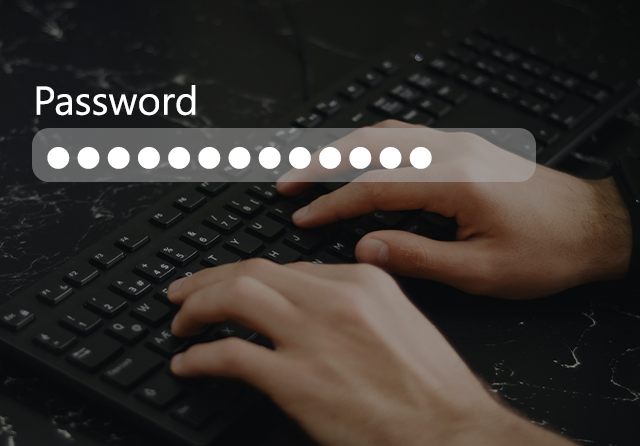How often does your office do a security check-up?
Dental providers know that monitoring and maintaining health is integral to preventing disease and decay. Establishing and maintaining good oral hygiene habits, along with regular check-ups and dental cleanings, keep patients on the path to a lifetime of good oral health. Oral health is not independent from the rest of the body: many physical systems work together to keep our bodies healthy.
Much like personal wellness, your office’s security also requires regular maintenance. Keeping your practice safe is not limited to one security precaution, but rather, a network of systems, practices, and precautions that together continually prevent threats and breaches. Ensuring all your practice’s security steps are seamlessly coordinated is the key to ensuring your office is best protected from cyberattacks.
We have compiled some key points for assessing your practice’s security.
Regularly Update Passwords & Passphrases
Whether your office opts for passphrases or passwords, a strong password offers good protection against internal and remote hacking attempts. Ensuring everyone in your office follows a few key habits fosters better security. These habits are:
- Never share passwords – each user should have their own password to log into your practice management systems
Systems such as ABELDent’s Authorization Manager enforce individual user IDs and passwords. Authorization Manager is a key component of ABELDent that lets you set up user IDs and passwords and restricts access to specific program functions based on defined roles. Only users granted permissions can act on data in certain ways.
- Frequently change passwords – change passcodes and passphrases at regular intervals. 60 and 90 days are common intervals used by organizations.
The updated Authorization Manager in ABELDent CS and LS+ includes supports several current password best practices, including strong password enforcement (minimum length and complexity), password change on intervals, and automatic lockouts after five unsuccessful attempts.
Train Your Team on Security Measures Regularly

The easiest and most foundational way to prevent data breaches is by being equipped with knowledge. Keep your team, especially administrative team members, up to date on current cybersecurity training protocols. That teaches them to identify potential threats such as suspicious phone calls, emails, and links.
In 2021, CIRA reported that 93% of organizations in Canada conduct yearly cybersecurity training for at least some employees. It is clear that cybersecurity training is not only an asset, but a necessity.
Whether you train your team annually, quarterly, or at some other interval, ensure your team has the latest security knowledge available to recognize and stop potential breaches before they cause problems.
Have Security Systems In Place
On top of standard security practices, such as firewall, antivirus, and regular system checks, running top-of-the-line practice software that has built-in measures to secure your data. Additionally, ensure that your system is kept up-to-date with the latest software and hardware updates. The longer these systems remain out-of-date, the greater the risk you assume.
Stay on top of system and software updates – the latest patches and updates not only contain new features, but also fortify your software’s security and may also improve performance. A system that provides regular, automatic updates such as ABELDent, saves you time and ensures you never fall behind.
Running top-of-the-line dental software is another step in fortifying your practice’s data. ABELDent CS (Cloud Solution) and LS+ (Local Solution), for instance, include up-to-date security measures such as Authorization Manager, mentioned earlier.
ABELDent CS also automatically backs up your practice data on Microsoft’s Azure Cloud, ensuring that the practice management data stored on your ABELDent system is secured.
Back-Up Your Data Regularly
Hackers may attempt to breach your practice’s security to steal your data, such as patient files, and financial records. They may also install software that locks your data (i.e. “ransomware”) and demand payment for you to regain access. If the worst-case scenario happens, and your office loses access to your files, it is critical that you have a safe copy that allows you to remain operational.
A service like ABELDent RBR (Remote Backup and Recovery) is designed to protect data against local and remote threats with minimal effort. Every night, ABELDent RBR encrypts and transmits your practice data to a secure cloud server. In the morning, your office receives an email summary of the daily backup. If your practice ever encounters a problem that prevents you from accessing your data, you have a recent copy in the cloud that you can restore from.
How does your practice’s security measure up to the points listed above? Is your practice’s security in good health, or are there ways your office can improve to prevent a data breach or the contingent effects of a cyberattack? Let us know in the comments, or contact us with any questions you may have regarding your practice’s security, or if you are interested in ABELDent’s premium protective products.




